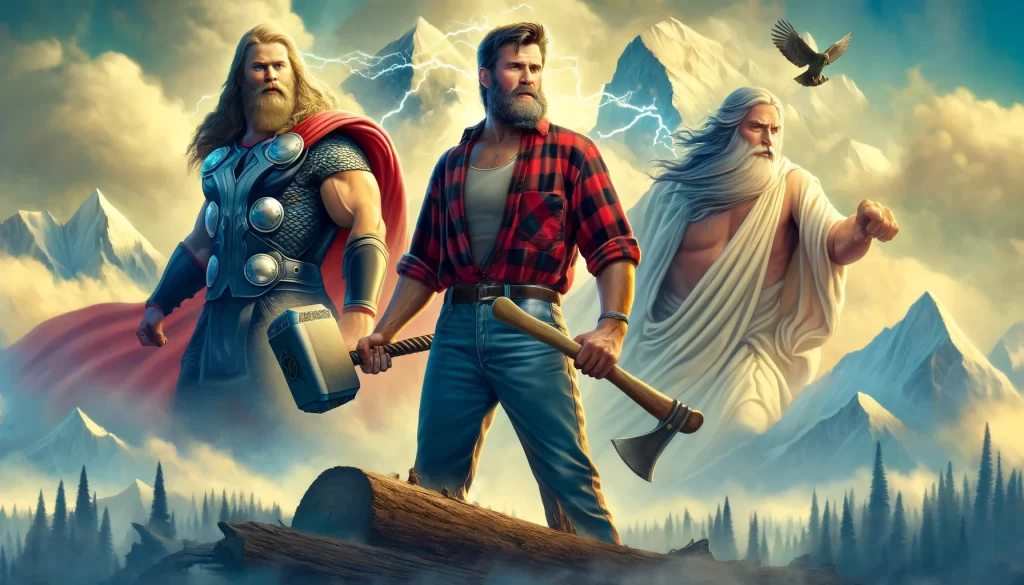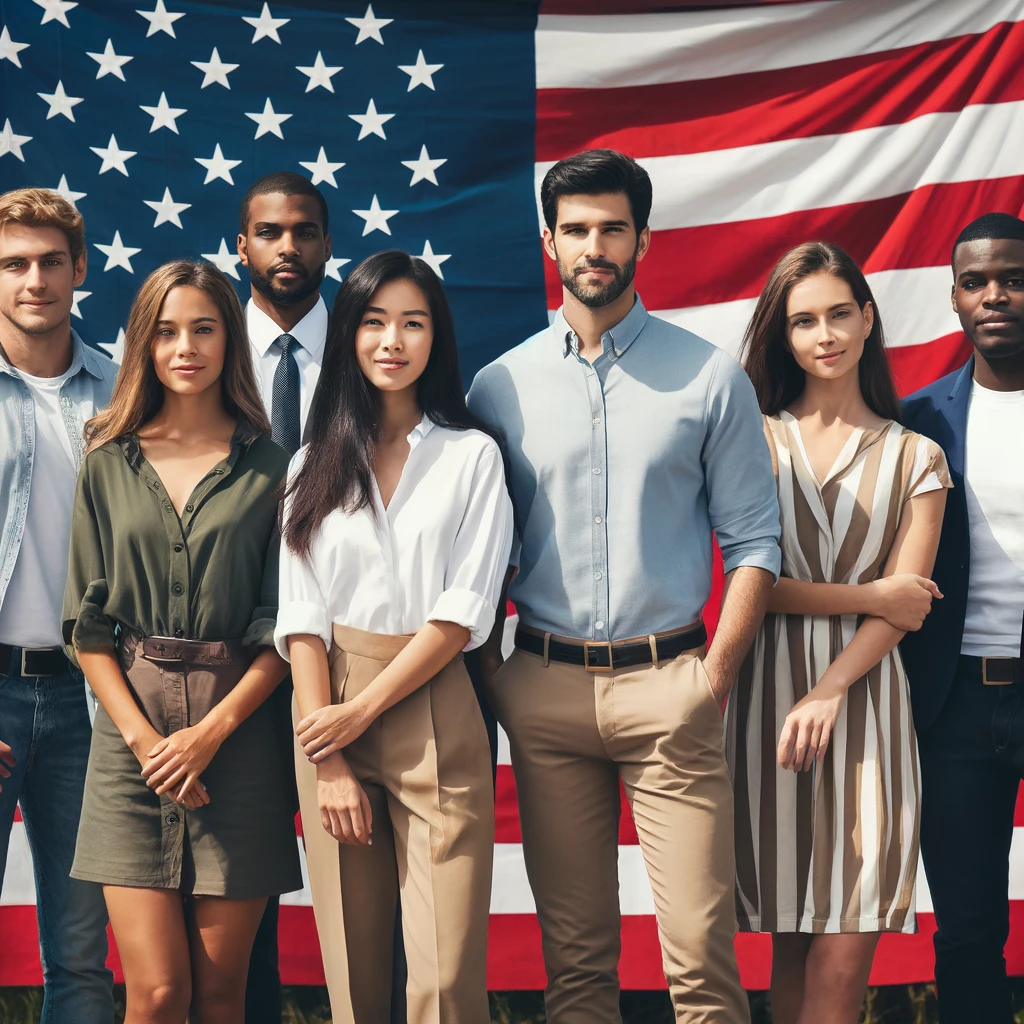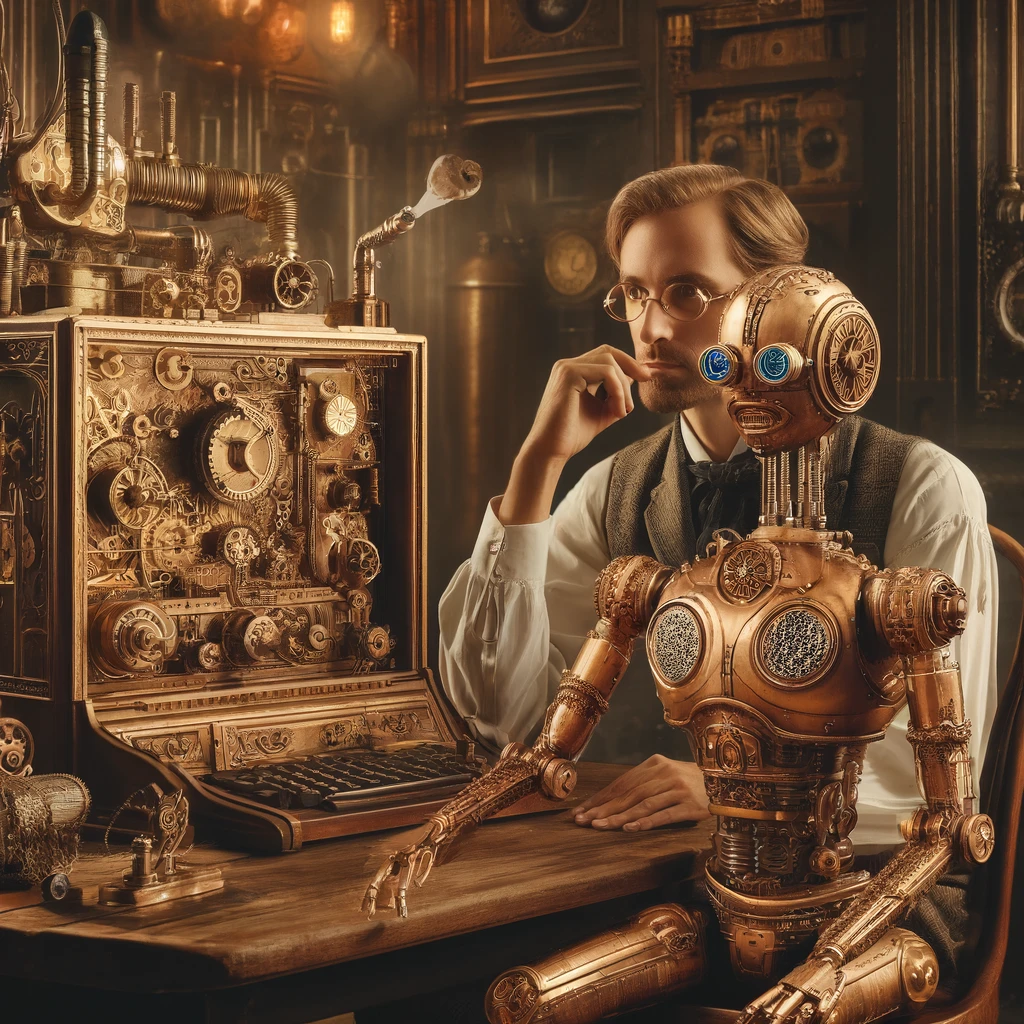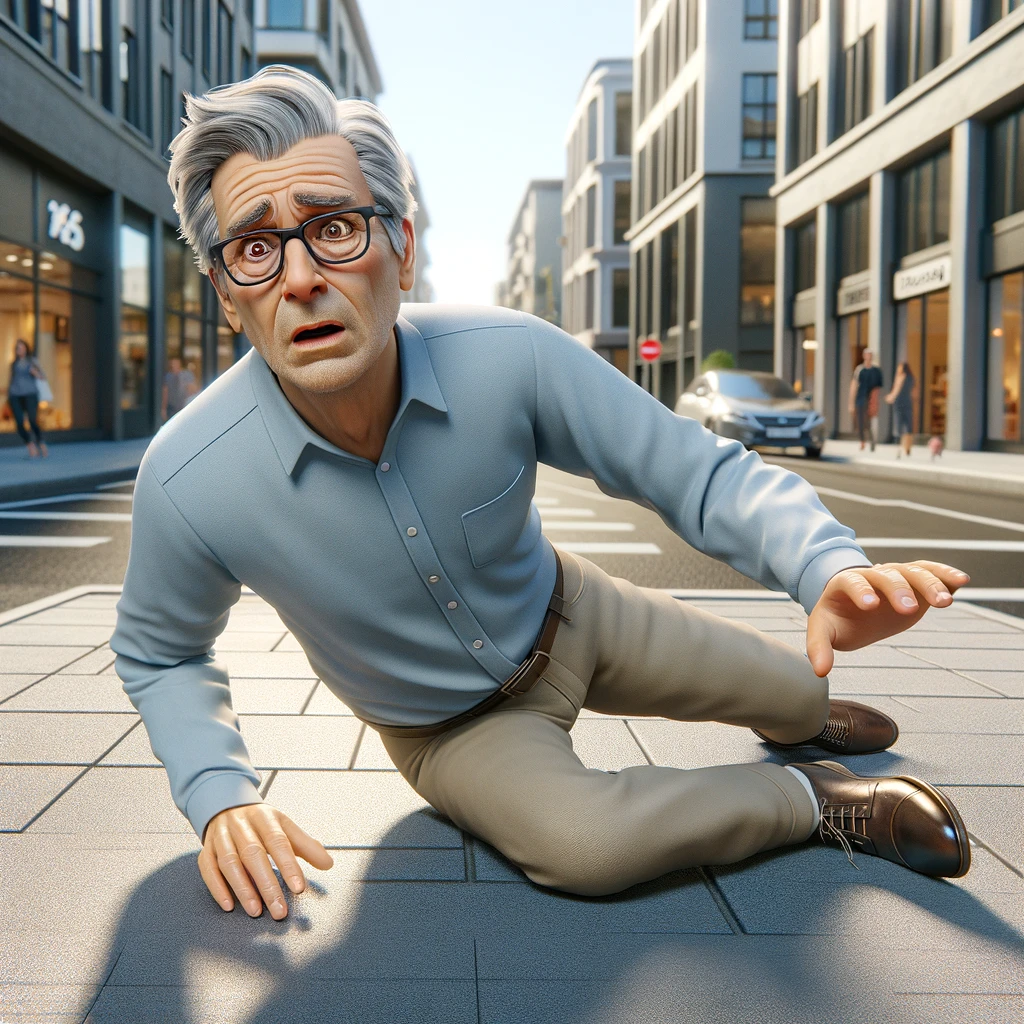
A brief history of myths and legends
This is the first in a series of posts on myths, legends, lies, and propaganda. Above are illustrated Thor, Paul Bunyon, and Zeus. Instinctively we know Thor and Zeus are myths and Paul Bunyan is a legend. But how do we know that?
Let’s start with the Merriam-Webster definitions.
Myth: “a usually traditional story of ostensibly historical events that serves to unfold part of the world view of a people or explain a practice, belief, or natural phenomenon”. Legend: “a story that comes from the past, especially one that is popularly regarded as historical but not verifiable. Legends are also traditional but unfounded stories that explain the reason for a current custom, belief, or fact of nature.”
As with many dictionary definitions, these are broad and give the general concept without developing any detail. One important element is included in the definition of both; they are based on traditional stories that have evolved through shared historical experiences and understandings. They are generally not created as a single fully developed narrative. Almost all cultures have a tradition of myth and legend. For example, the “creation” myth is surprisingly similar among diverse societies.
So, how do we differentiate between the two?
Myths are primarily religious or spiritual in nature and evolve to help people understand the mysteries of the physical universe. They typically involve supernatural beings represented as “gods”. For example, early people did not understand that the rotation of the earth caused night and day. As a way of dealing with this they created the myth of a god driving a flaming chariot across the sky.
Legends, on the other hand, are usually based on a historical person or are, perhaps, a synthesis of several people into a single legendary figure. They are less about the supernatural or divine but more about human heroes who accomplished extraordinary deeds. Legends evolve over time with the hero frequently accomplishing great feats that reflect the concerns of the population at the time. The legends are intended to inspire and to contribute to societal cohesion. The legend can have variations in many areas over many years. The classic example of this is the King Arthur legend which comes in many forms in different countries spanning several centuries. Daniel Boone and Davy Crockett are examples of historic Americans who have evolved into near legendary status.
As you might expect, myths and legends can overlap and can even melt into one another. They can also be incorporated into propaganda and can be used to support false narratives of history and society. For the rest of this post, I’m going to principally look at myths because of their similarity to legends and because sometimes it may be less clear that the origins of some belief may be steeped in mythology or legend.
More About Myths
Myths serve a variety of purposes. They are used to explain natural events that are not well understood. A variety of “gods” were created to help people feel they had a sense of control in a world that seemed very dangerous to them. They helped people feel there is a purpose to existence.
Myths also help shape cultural and social identities. They give people a sense of shared history and reflect community values and customs. The myths frequently contain ethical and moral lessons. Myths help create unity in times of difficulty and can be a source of inspiration. Myths can also be used as an object lesson about what could happen to those who don’t respect community values.
In preliterate societies, myths performed a service of historical or cultural preservation, particularly as it relates to behavior and beliefs. Myths frequently use symbolic language and narrative to enhance societal cohesion. They reinforce a feeling of belonging within the group.
Myths can have an emotional appeal and are more engaging than a dry listing of facts. They can often provide a simple answer to complex problems. Societies find comfort in the stability that an underlying myth can provide even if there is no empirical evidence to support it. Myths can become so embedded in a society’s religion, art, and literature that some people often have trouble separating the myth from the reality of the world around them.
The belief in myths is not always consistent among groups and cultures. In some societies, myths are taken literally while in others they are taken allegorically. The belief in myths has changed over time as societies have evolved knowledge and scientific understanding. But they all share an attempt to transform the metaphysical to the literal.
While the evolution and perpetuation of myths was of great value to early societies, continued reliance on myths as a source of knowledge often hampered scientific development. Throughout history, there have been persecutions of people who proposed new scientific knowledge or philosophical opinions that varied from society’s foundational myths.
We tend to think of myths as having arisen in the mystic past. We think of them as entertaining stories with little relation to our lives. However, myths continue to evolve, and new myths are continually created. In my next post, New Myths Arise, I’ll talk about two myths particular to the United States that have risen within the last 150 years and still have a continuing impact on our society.




























New Myths Arise
By John Turley
On June 10, 2024
In Commentary, History
So why should we consider myths as anything but an anachronistic curiosity since we consider ourselves a rational and scientific society? Because the willingness to believe in myths is as strong today as it has ever been. While belief in Olympian gods, elves, and fairies has faded away new myths have arisen. Since the late 1800s, at least two new myths have spread in the United States.
The Golden Age of America
Our political situation today has much to do with belief in the Myth of the Golden Age of America. I strongly believe that the United States has been and continues to be the best hope for personal freedom in the world today. But the idea that at some time in the recent past everything was wonderful for everyone is a myth. In this “Golden Age” to which some people wish to return, women, minorities, gays, and the disabled were clearly discriminated against.
One key contributor to the Golden Age Myth was the economic boom that followed World War II. The United States was a global industrial leader and the economy showed significant gains in jobs, wages, and consumer goods. The middle class was expanded, college education rose due to the GI Bill, and home ownership reached new levels. However, these advantages did not reach all members of our society.
Racial minorities continued to be actively discriminated against. Segregation, particularly under the Jim Crow laws in the South, limited economic, social, and political opportunities for our Black citizens.
Women’s roles and opportunities similarly were significantly constrained. Women were expected to take a domestic role over professional or personal aspirations. Even women who obtained advanced college degrees were expected to stay at home and raise their family or to take “appropriate” jobs such as secretaries, teachers, or nurses.
Reaction to the Golden Age Myth led to movements such as women’s liberation and the civil rights movement, both followed shortly by gay rights and the advocacy for the disabled. The Golden Age seems to have existed principally in popular television shows such as Ozzie and Harriet or Father Knows Best. In short, this “Golden Age” was not golden for everyone.
The Lost Cause
This myth arose in the South in the late 19th and early 20th centuries though it had its origins while the war still raged. According to the Myth of the Lost Cause, the Civil War had nothing to do with slavery. It had to do with the southern states fighting for their individual state rights and their prerogatives of self-government. They were fighting against northern aggression that was trying to destroy the southern way of life. Most Confederate soldiers were poor farmers who neither owned nor could afford slaves. They had to be convinced that they were fighting for their way of life against a malicious union army that was intent on invading their homes and forcing “northern ways” on them. The soldiers had to be distracted from the fact that they were fighting, suffering, and dying to protect the way of life of the wealthy slave owning aristocracy.
The evolution of legend was also involved in the creation of this myth. Robert E. Lee and Stonewall Jackson were idealized as true southern gentlemen struggling in a glorious but doomed battle against overwhelming odds.
Of course, it completely ignores the fact that the southern way of life and those state rights were predominantly based on slavery. A critical element in this myth is that slavery was good for the slaves. We continue to hear this stunning falsehood from politicians today as they try to describe slavery as a little more than job training.
Many historians today agree this myth is an intentional distortion of historical facts. The Lost Cause Myth reached its fully developed form in the years surrounding the turning of the 20th century and was intended to change the historical narrative of the South’s role in the Civil War by minimizing the central role of slavery in the origin of the conflict. This revisionism was part on the broader social effort used to justify segregation, Jim Crow laws, and white supremacy.
The Lost Cause is a compelling example of history being reshaped by myth and legend. It shows how over time people can come to accept those things that most support their personal beliefs despite evidence to the contrary. It continues to dominate much of our current debate about race relations, voting rights and social welfare policies. However, today open advocacy of the Lost Cause Myth is in the background and it is seldom mentioned by name though its tenents are reflected in the opinions and statements of many .
Why believe in myths?
So why do we have a widespread belief in these myths? There are several reasons people persist in a false belief even after it has been largely disproven.
The most obvious reason is that myths meet emotional needs. They can be deeply ingrained in a person’s identity, beliefs, and values. When the myth is tied to political or religious beliefs people will be resistant to change even in the face of contradictory evidence. Admitting a previous error of belief is, in some ways, viewed as a form of weakness.
There is also a condition called confirmation bias. People are inclined to seek out and accept without question things that confirm their pre-existing beliefs and opinions. They ignore anything that is not consistent with an already held position.
When presented with information that conflicts with previously held opinions, people can experience what is known as cognitive dissonance. This is the emotional distress that people feel when attempting to hold two contradictory ideas or when trying to reconcile new information that challenges their behaviors or previously held ideas. To reduce this distress people either ignore or in some cases violently reject anything that conflicts with what they previously believed.
Critical thinking skills involve objectively evaluating evidence, identifing inconsistencies, and appling reasoning skills. Critical thinking isn’t always a natural process. When I was in high school, we were expected to memorize facts and then duplicate them on tests. I don’t remember even hearing the term critical thinking until I was in graduate school. Even then, I’m not really sure I understood how important it is to develop a personal understanding of facts and events and how difficult it would be to aquire those skills.
Teachers now make an effort to teach critical thinking skills. But it can be difficult for students to translate those skills into their life outside the classroom. Perhaps many of them may think of critical thinking the way they think of algebra, something they must do in school but won’t ever use in their everyday life. A well-informed citizenship requires all of us to encourage critical thinking practices. We need to ensure that our young people are reading and listening and using those skills outside the classroom. It’s easy to say, but venturing out of our comfort zone can take strength and purpose for all of us.
We can quickly fall into the habit of listening to or reading only a narrow range of opinions from a limited number of sources. It is particularly easy when those sources don’t challenge us to think or to analyze. It is too easy to reject new information rather than trying to evaluate and reconcile it with our previously held beliefs.
Obviously, these reasons are not mutually exclusive and are melded into a continuum of reasons for the rejection of fact in favor of myth.
Both the Lost Cause Myth and the Golden Age Myth arose much quicker and for a more limited purpose than did the classic myths. In this way the evolution of these myths has much in common with the concepts of propaganda. In my next post I will be looking at the difference between lies and myths and how both relate to propaganda and how it has evolved in modern times.